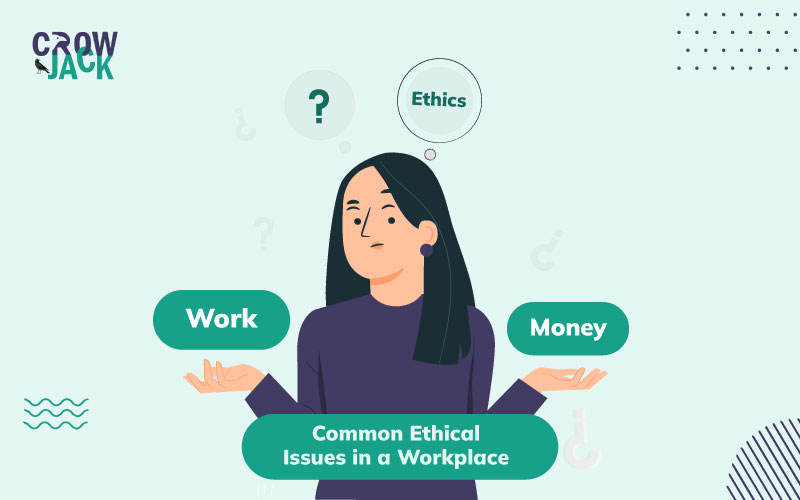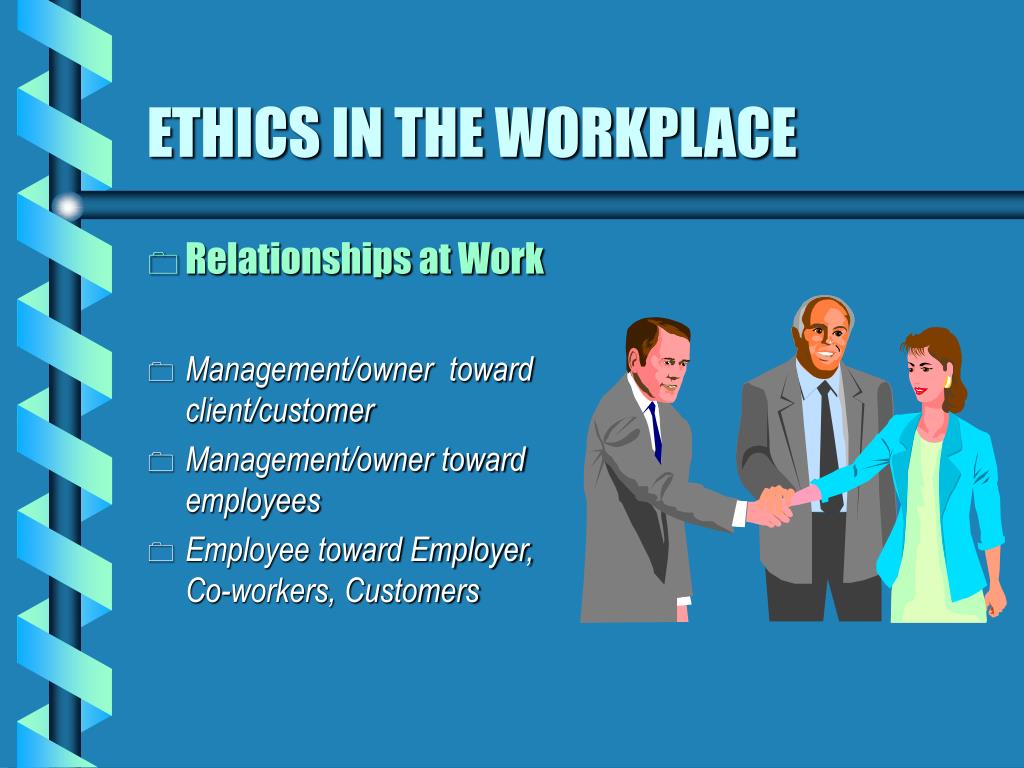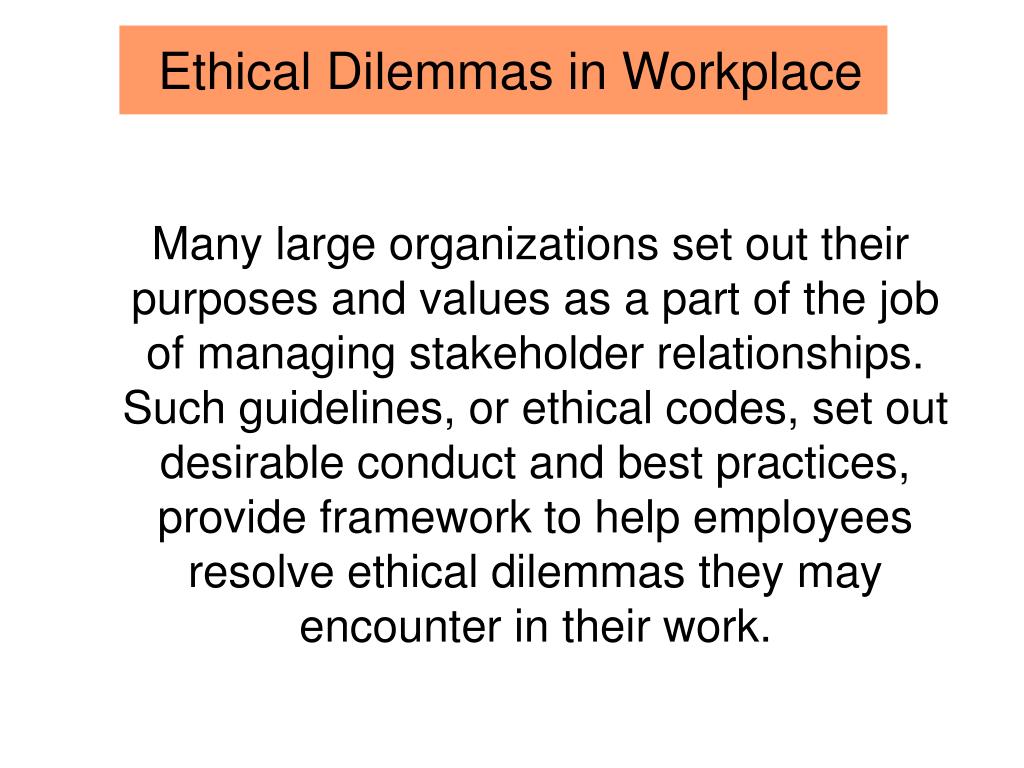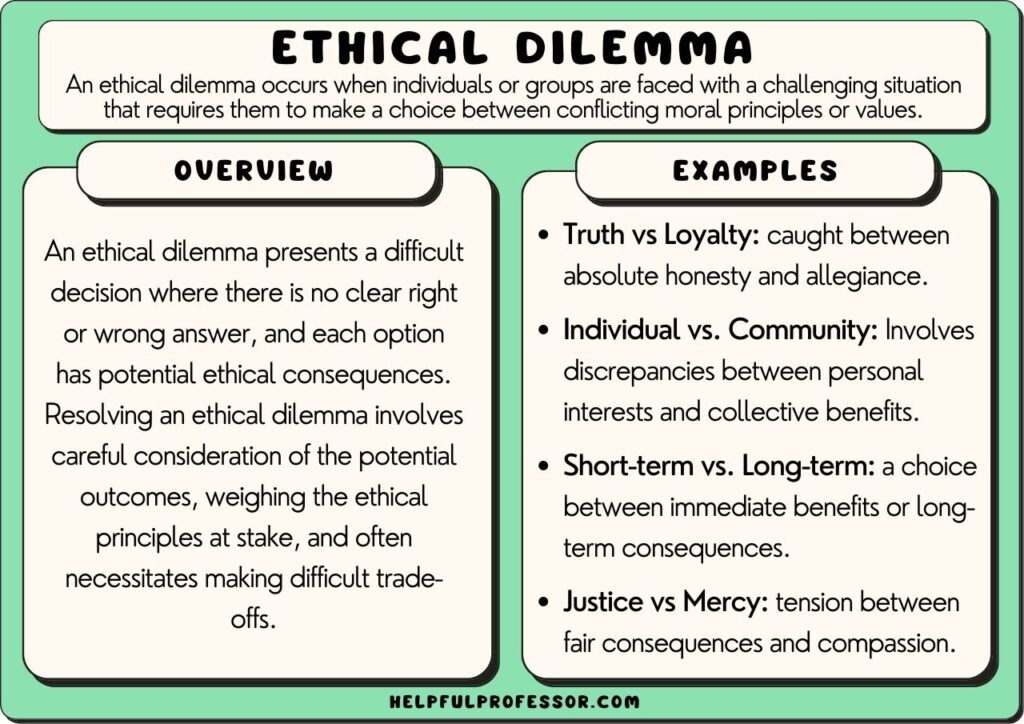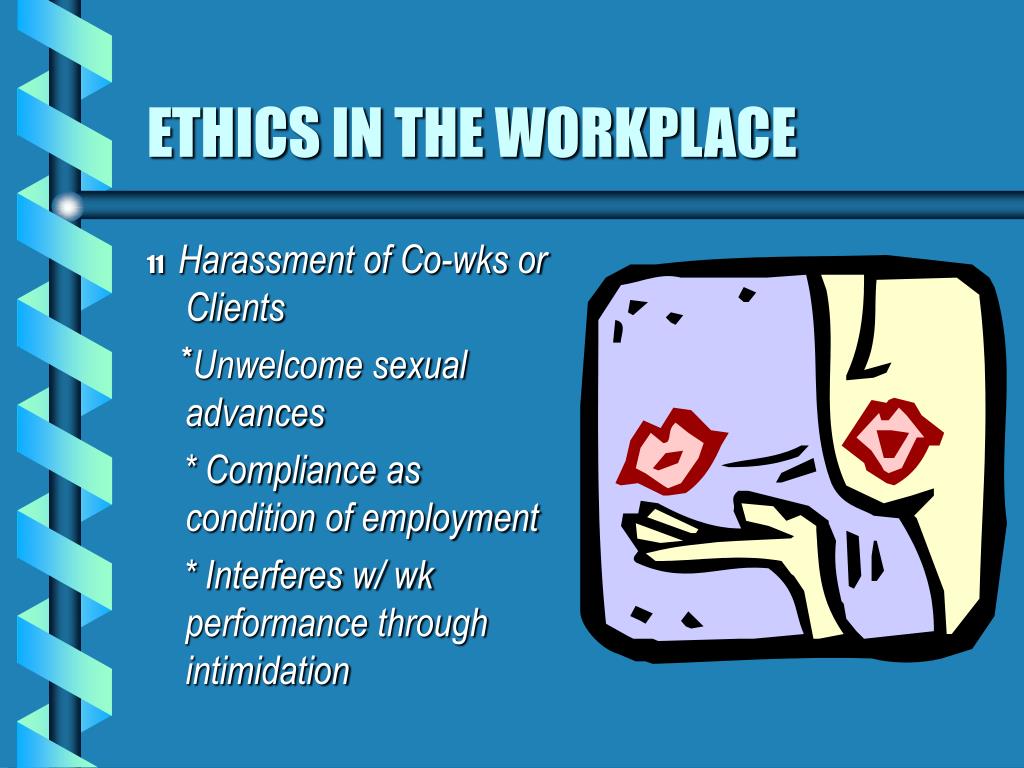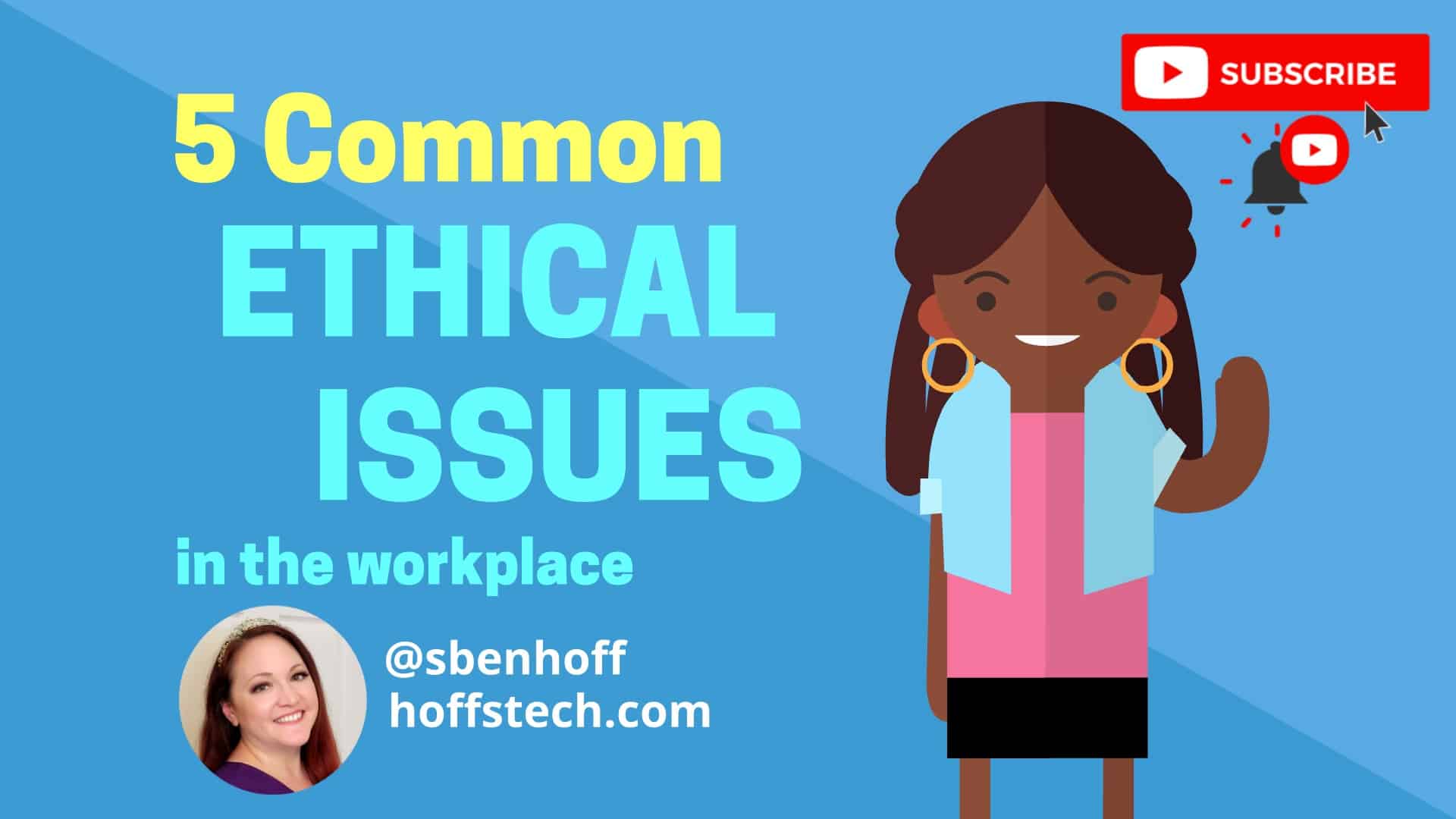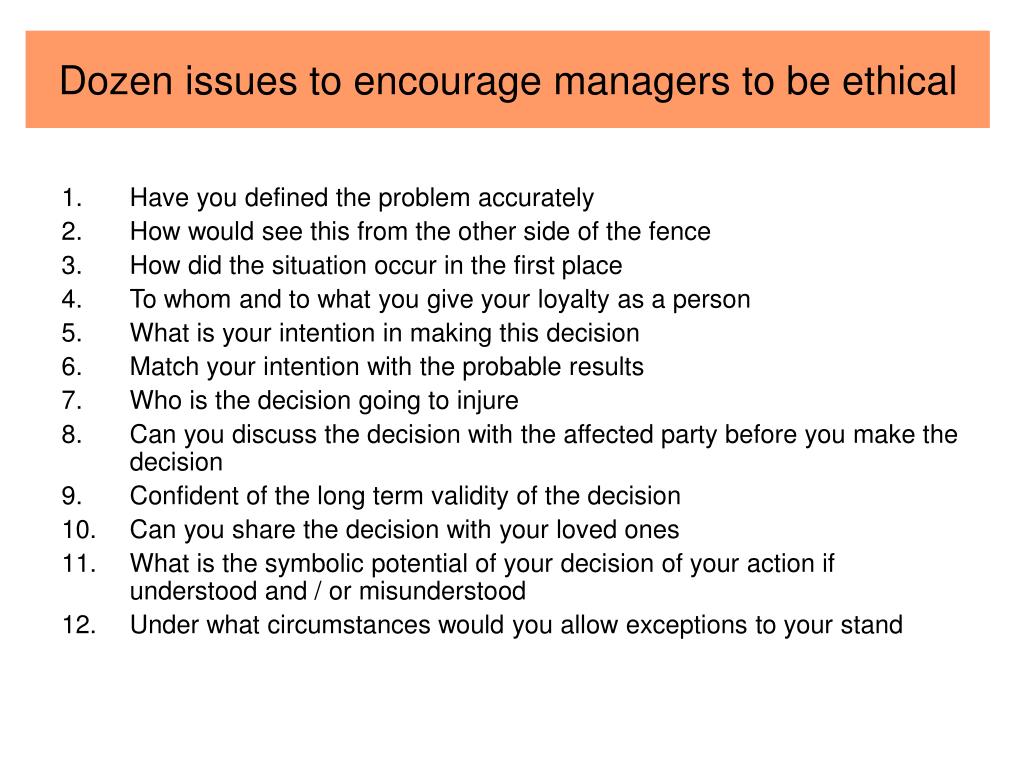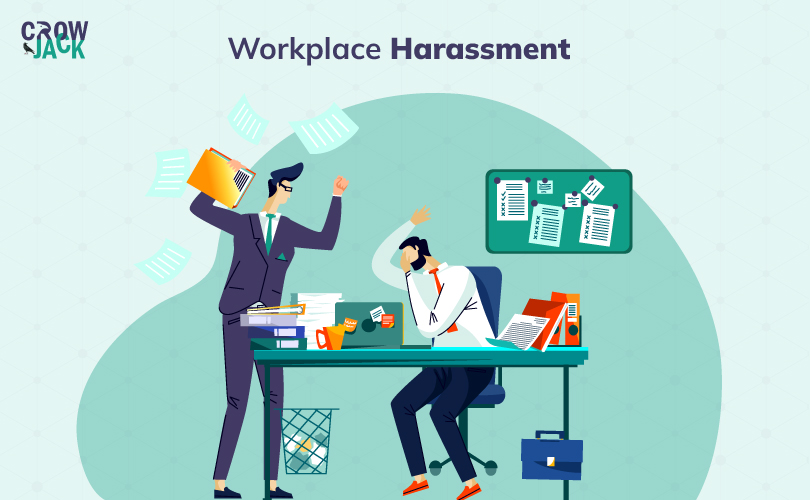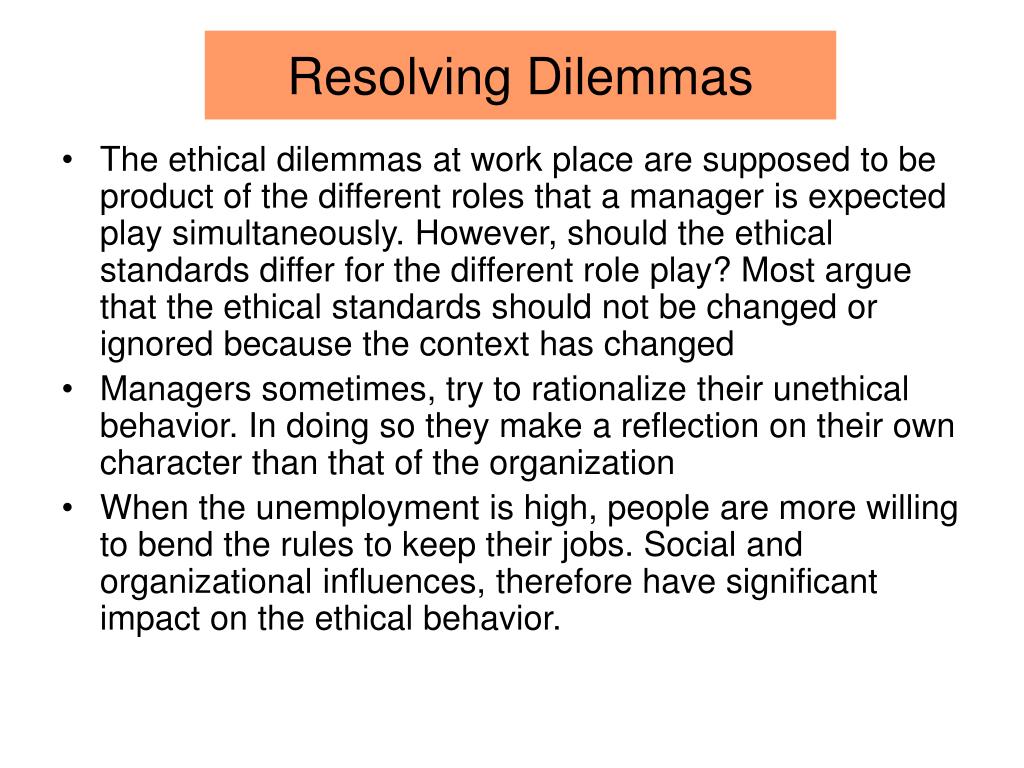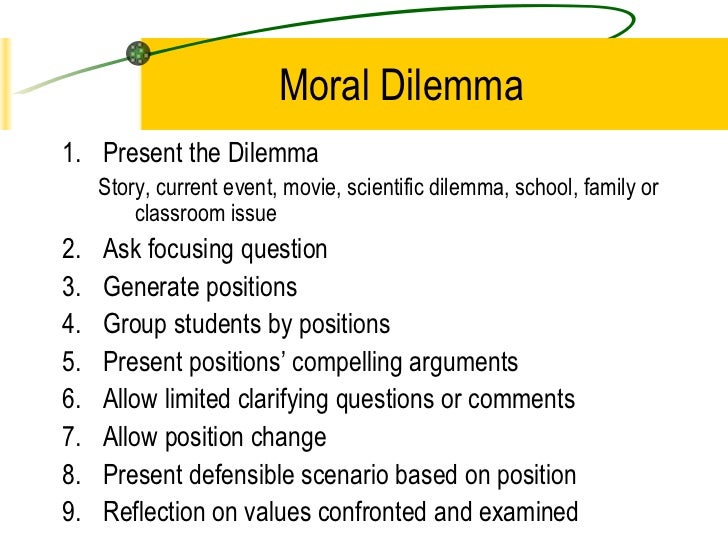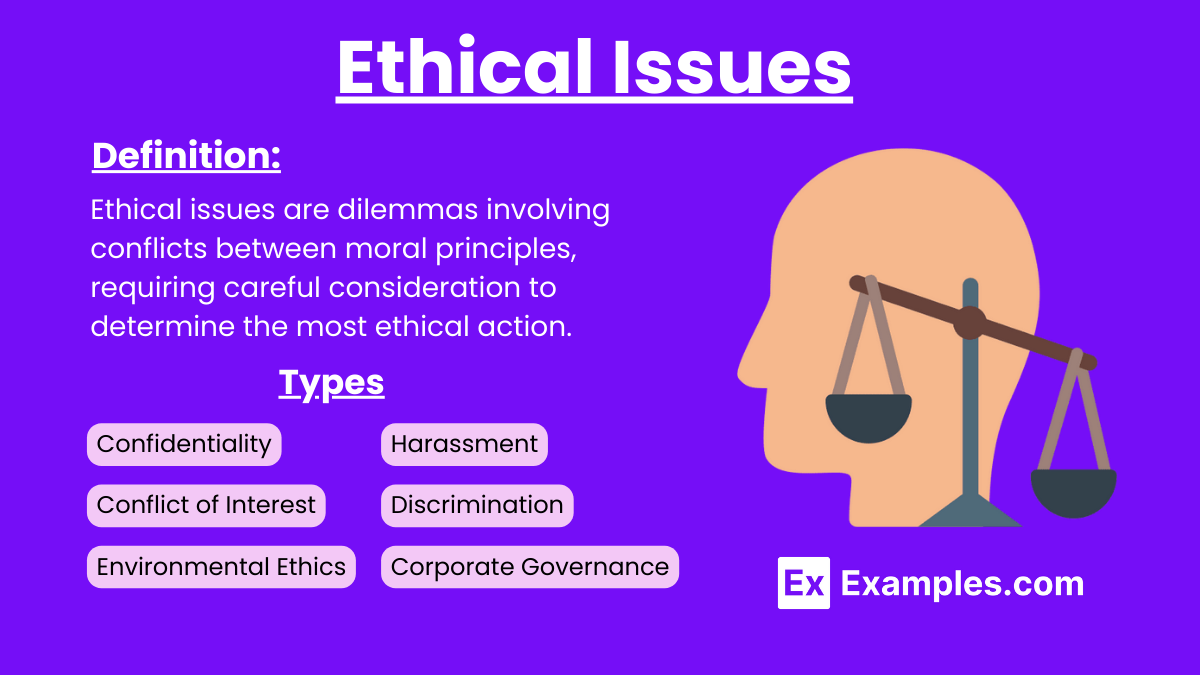Examples Of Ethical Dilemmas In The Workplace
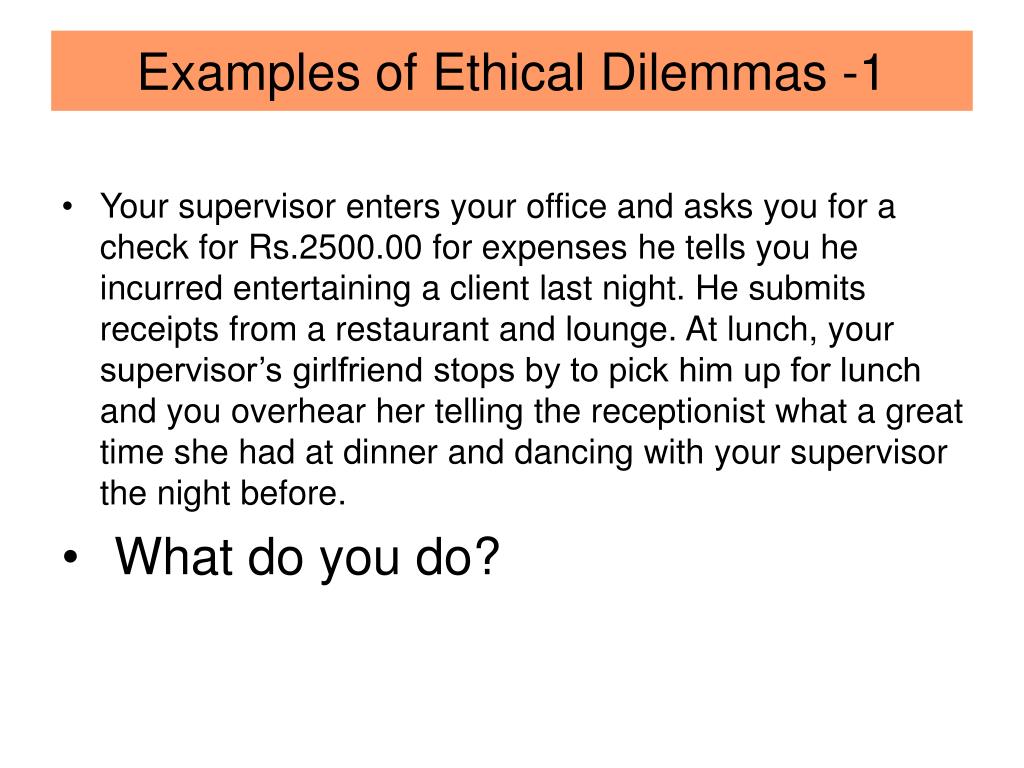
Workplace ethics are under constant scrutiny as employees navigate complex situations daily. These dilemmas, impacting everything from individual careers to company reputation, require immediate attention and careful navigation.
This article explores common ethical pitfalls encountered in various industries, highlighting the challenges and potential consequences of unethical behavior. Understanding these scenarios is crucial for fostering a culture of integrity and accountability.
Conflicts of Interest
Conflicts of interest are prevalent, arising when personal interests clash with professional responsibilities. Imagine a purchasing manager accepting gifts from a vendor seeking a lucrative contract.
This presents a clear ethical issue, potentially compromising the manager's objectivity and leading to unfair decisions. Such situations erode trust and undermine the integrity of the procurement process.
Confidentiality Breaches
Maintaining confidentiality is paramount, especially when handling sensitive information. Leaking company secrets to competitors or disclosing employee medical records are serious ethical violations.
For example, sharing confidential client data can lead to legal repercussions and damage the company's reputation. Upholding confidentiality is crucial for building trust with stakeholders.
Discrimination and Harassment
Discrimination and harassment continue to plague workplaces, creating hostile environments. Denying opportunities based on race, gender, or religion is not only illegal but also deeply unethical.
Reports of sexual harassment, despite increased awareness, persist, demanding immediate and decisive action. Companies must prioritize creating inclusive and respectful workplaces for all employees.
Resource Misuse
Misusing company resources, whether it's time, equipment, or funds, is a common ethical violation. Employees using company computers for personal gain or falsifying expense reports are examples of resource misuse.
Such actions, although seemingly minor, can accumulate and significantly impact the bottom line. Strict policies and transparent oversight are essential to deter resource misuse.
Whistleblowing Dilemmas
Employees often face tough decisions when witnessing unethical conduct within their organization. Whistleblowing, or reporting wrongdoing, can be a risky but necessary step.
They might fear retaliation from colleagues or superiors, creating a challenging ethical dilemma. Companies must establish clear channels for reporting misconduct and protect whistleblowers from any form of reprisal.
Data Privacy and Security
With the increasing reliance on data, protecting user privacy and ensuring data security are critical ethical considerations. Companies collecting and storing personal data have a responsibility to safeguard it from unauthorized access or misuse.
Data breaches, like the 2013 Yahoo data breach impacting 3 billion users, highlight the severe consequences of neglecting data security. Robust security measures and ethical data handling practices are essential.
Environmental Responsibility
Businesses are facing growing pressure to operate in an environmentally responsible manner. Ignoring environmental regulations or engaging in practices that harm the environment raises serious ethical concerns.
Companies that prioritize short-term profits over long-term sustainability risk damaging the environment and harming communities. Embracing sustainable practices and reducing environmental impact are crucial for ethical business conduct.
Accountability and Transparency
Ultimately, addressing workplace ethical dilemmas requires a commitment to accountability and transparency. Companies must establish clear codes of conduct, provide ethics training, and enforce ethical standards consistently.
Employees need to be empowered to raise concerns without fear of retaliation, fostering a culture of integrity. Regular audits and transparent reporting can help identify and address ethical risks proactively.
Moving forward, companies must prioritize ethical leadership and create a culture where integrity is valued and upheld at all levels. Failure to address ethical dilemmas can lead to legal repercussions, reputational damage, and a loss of trust with stakeholders.
